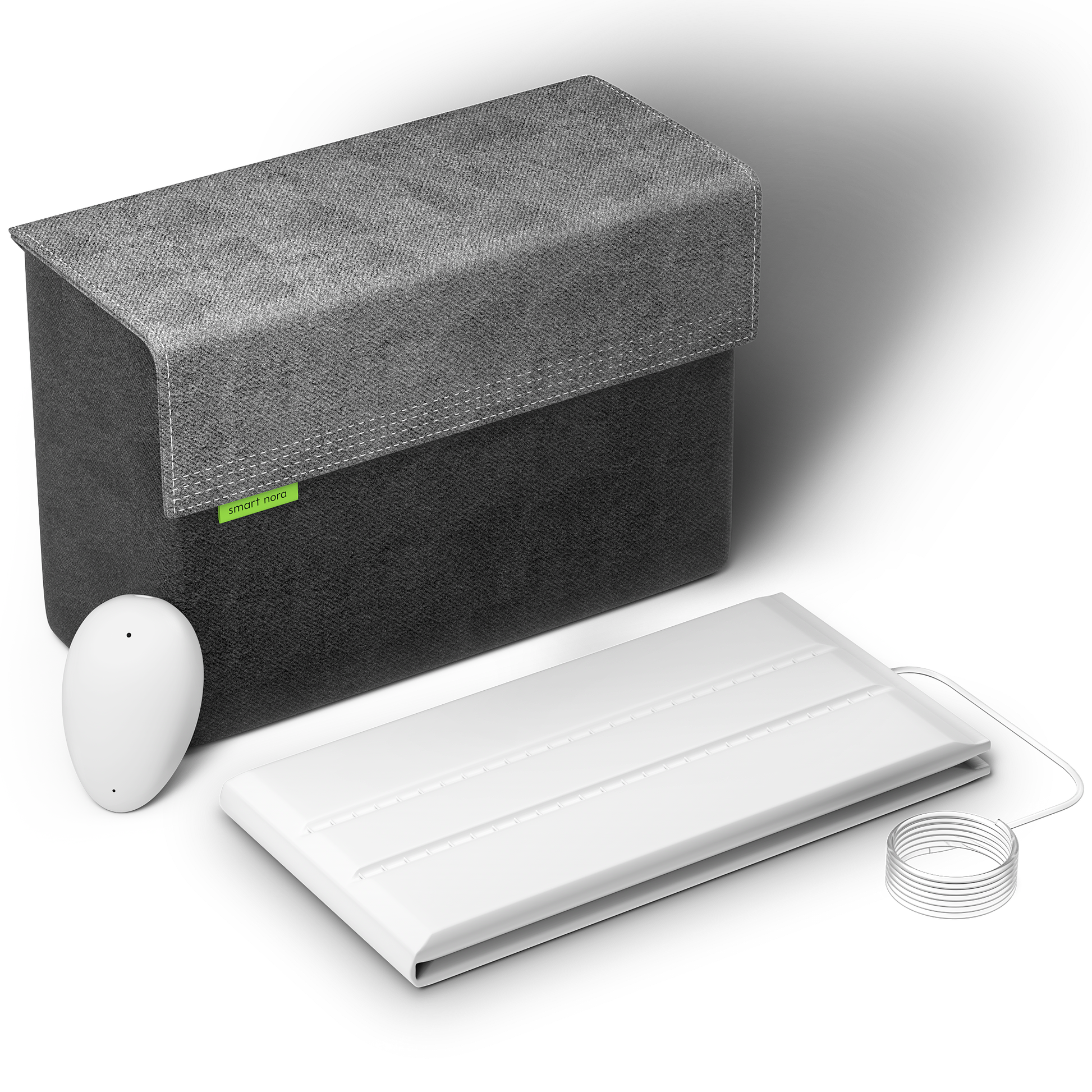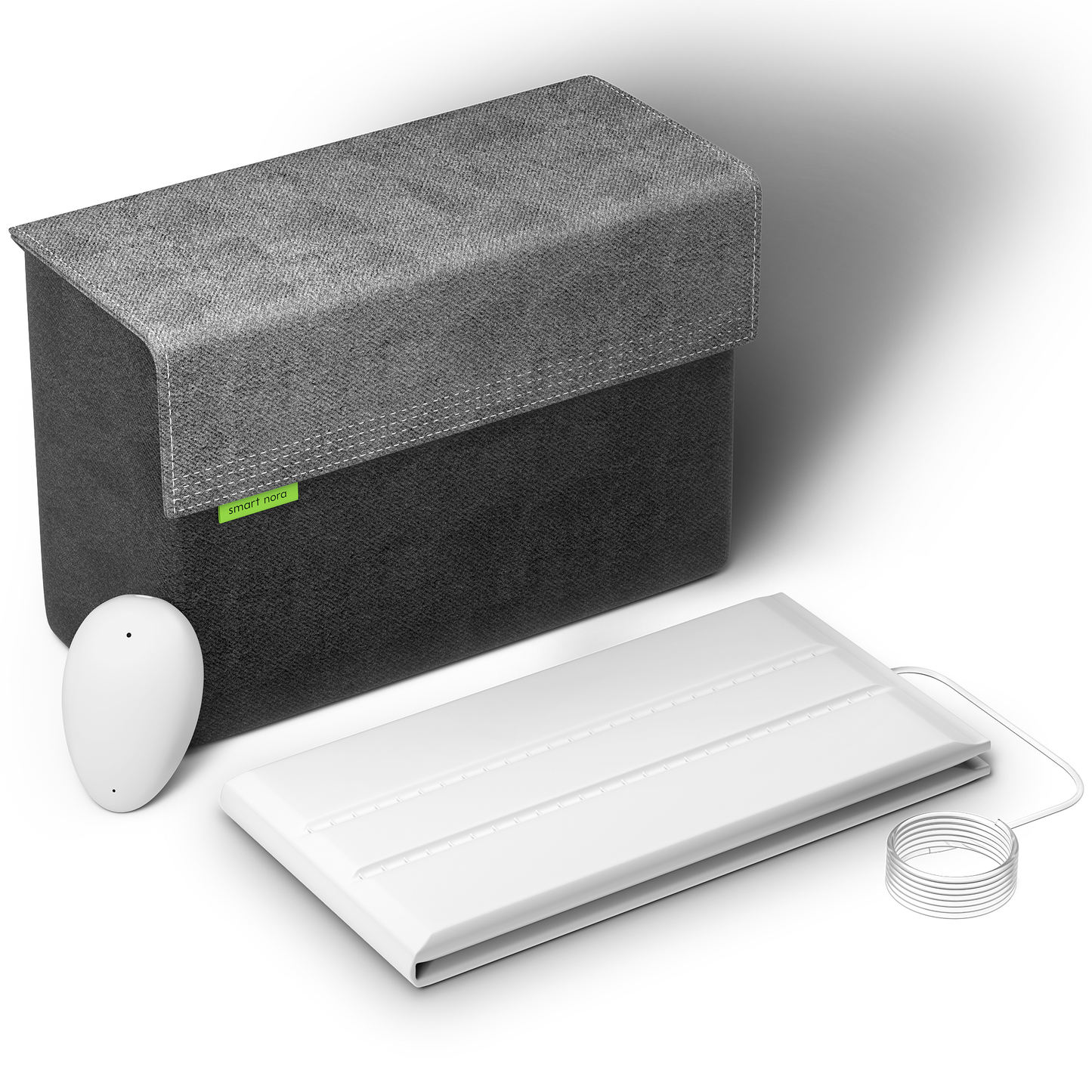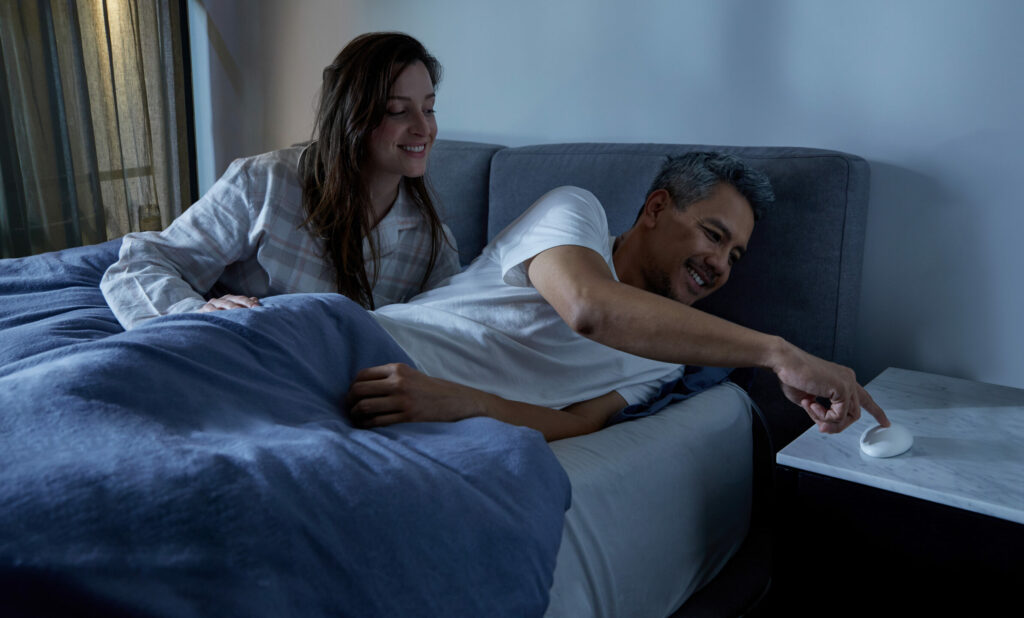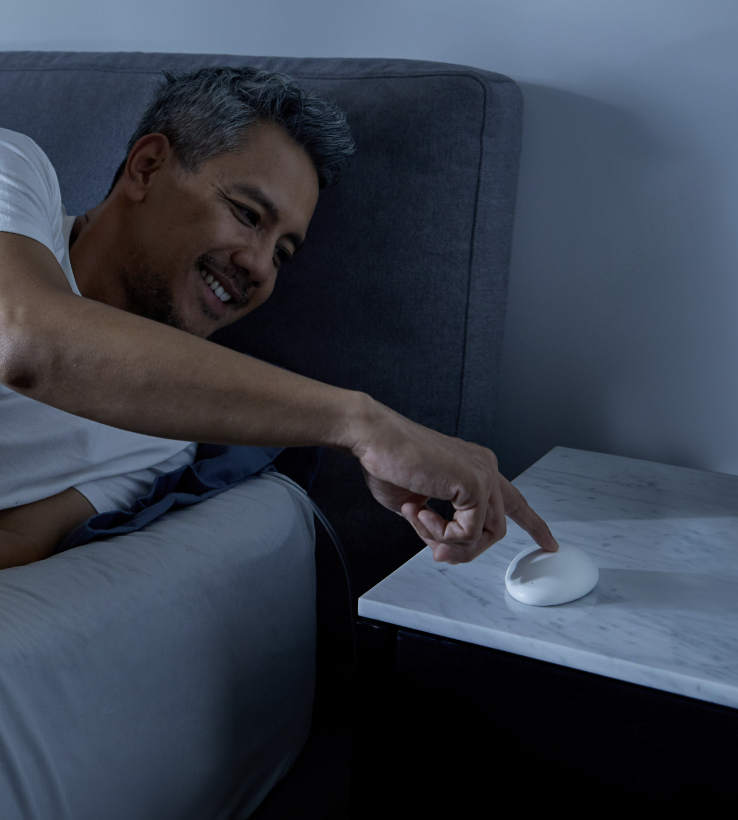You might have come across the term ‘sleep study’ if you’ve ever had trouble sleeping and Googled a way to get a peaceful night’s sleep. As unconventional as it sounds, sleep studies are an actual thing that doctors/researchers conduct to know more about sleep disorders and find ways to treat them better. A few symptoms that you might feel due to a sleep disorder include tingling, itching, aching, and other weird feelings in your legs while lying or sitting down.
A sleep study monitors your vitals and sleep stages like REM and NREM – rapid and non-rapid eye movements – when you’re asleep. This can be done either at night or in the morning (for night shift workers). Painless sensors are taped to your head and certain parts of your body to record the information required by sleep experts who can help you find out what is hindering your sleep at night.
What Can Sleep Studies Diagnose?
Sleep studies mostly just help you figure out why you aren’t getting enough sleep or why you have a hard time falling asleep. It can also diagnose sleep disorders like obstructive sleep apnea, insomnia, restless leg syndrome, and narcolepsy. Moreover, a sleep study can help you adjust your treatment methods if you’ve already been diagnosed with a disorder.
Types of Sleep Studies
A good night’s rest can do wonders for your physical and mental health. Here are the common types of sleep studies that help diagnose your sleep disorder:
- Polysomnography – A sleep technician monitors you at a sleep center (a specialized clinic) overnight. Various things like your eye movements, breathing rate, blood oxygen levels, body movements, snoring, and heart rate are measured using sensors.
- Continuous Positive Airway Pressure (CPAP) Titration – Sleep apnea is a disorder that stops air from flowing into the lungs when you are asleep. CPAP masks are specially designed to help people with sleep apnea breathe more easily. In a CPAP sleep study, a technician checks for the right amount of pressure for the CPAP mask to prevent breathing trouble when you’re asleep.
- Multiple Sleep Latency Test – This test is used to check if you are suffering from narcolepsy or daytime sleepiness. All it does is figure out how fast you fall asleep during the day. It is usually carried out after a round of polysomnography the previous night.
- Home Sleep Apnea Testing – This can be done right in the comfort of your own home. You can get a home sleep test kit from your doctor, and attach the electrode sensors to the specified parts of the body before you go to sleep, so it can record the required information overnight. However, it might require a follow-up visit to the sleep center to confirm the sleep disorder symptoms.
There are various other kinds of sleep studies apart from the ones mentioned here that are used for research purposes by scientists. Researchers often post ads asking for volunteers to participate in sleep studies in exchange for money. These types of sleep studies are done to check the sleep habits of a particular population, the effects of a certain medication, or how a specific habit might affect sleep routines.
Who Can Qualify for Sleep Studies?
A doctor can recommend a patient for a sleep study if they show symptoms of sleep disorders. For instance, if your work or relationship is being affected due to a lack of sleep, your doctor will suggest you check with a sleep consultant. The specialist might ask you a few questions about your daily routine and any medications you might be taking. If they think further testing is required, a sleep study will be arranged for you. It can either be a home test or an in-lab test, based on how serious your symptoms are.
What Happens Behind the Scenes of a Sleep Study?
Bringing your own pajamas can be very handy when you’re off to a sleep study. Also, remember not to drink any alcohol or caffeine before you go. Sleep facilities usually have technicians who help monitor you overnight and specialists who analyze the information and suggest a treatment plan. Sleep studies can help you find a permanent cure if you are suffering from a known sleep disorder – of which there are about 80 different types.
You have no reason to worry about the kind of environment a sleep facility may offer. They’re pretty comfy these days, with a warm bed, and music or books to help you fall asleep. And some facilities even provide snacks and TV to make you feel right at home.
The lab technician will tape sensors onto your body – these are actually 12-14 patches of electrodes connected via wires to a small control box, which can measure your heart rate, blood oxygen levels, and such throughout the night. The recorded information is analyzed the next day, and you might be asked to return if the results don’t appear to be specific.
Get a Good Night’s Sleep!
If you have symptoms like being unable to fall asleep or breathe at night, a sleep study can be very useful in finding you a cure. So, try giving it a shot today, and do not worry about the expense since sleep studies are covered under most medical insurance. You can check with your provider for more details about the coverage before you book a sleep study session.
According to the Centers for Disease Control and Prevention (CDC), one-third of adults in the U.S. do not get adequate sleep at night. But if you are unable to sleep due to more common problems like snoring, you can try nifty portable devices like Smart Nora, which can help prevent snoring by inflating and deflating the snorer’s pillow gently as soon as it detects the snoring sounds. Helping both you and your partner to rediscover quiet nights.














